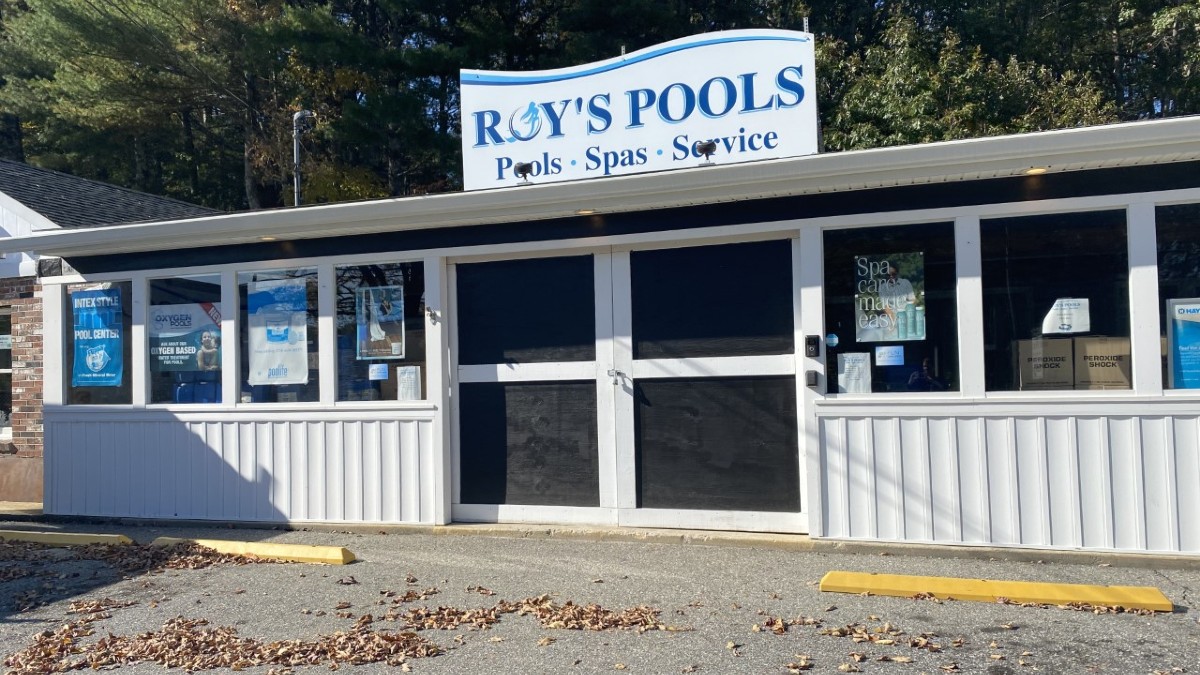The state is taking new measures to help first responders who may be struggling with Post Traumatic Stress Disorder.
"When you see it on television, that is difficult. It is a lot tougher when you are there," said Sgt. Troy Anderson.
Anderson retired from the Connecticut State Police after more than 20 years of service, but he is coming out of retirement. Anderson is filling a newly created position, heading up a wellness and resiliency program. The veteran law enforcement officer will be tasked with creating programs and finding resources to meet the wellness needs of all six divisions of the Department of Emergency Services and Public Protection.
Connecticut State Police already has mental health assistance options for troopers. Troopers can take advantage of an outside program. They also have the opportunity to enroll in a voluntary peer to peer support group, STOPS, or State Troopers Offering Peer Support. Anderson helped create the STOPS program and led it for many years.
"Peer support, while it is a voluntary and confidential program, it is not all encompassing to really provide all of the necessary resources and identified modalities for all six different divisions of the Department of Emergency Services and Public Protection," said Anderson.
Detective Ken Dillon said he knows what it is like to not have the proper support in place.
"There's things you don't forget, there's things you wish you could," said Dillon.
Dillon said he will never forget responding to the scene of the school shooting in Sandy Hook in December of 2012. Twenty students and six adults were killed. Dillon spent one week processing evidence on the scene, but he struggled to process the event on a personal level.
"I would go home, isolate, drink. Drink too much," said Dillon.
It was not until Dillon was arrested for driving under the influence and for interfering with police that he realized he needed help.
Local
"Troopers see and deal with so many things on a daily basis," said Dillon. "My point is it does not take just a Sandy Hook, it could be calls over a week. It could be one call specifically."
"We want to make sure that we close all of those doors and make sure that they never have to go down that tunnel by themselves," said Anderson.
The wellness and resiliency program is in its infancy. Anderson said he is now in the process of studying programs that work in other states and deciding what will work here. He said that he will evaluate several options including potential protocol changes, mandatory training, community partnerships. He wants to keep options open for where the program will go, but their main goal is to normalize resources that are already available and make even more resources available.
"We do not want to lose folks along the way," said Anderson. "That is the approach of wellness and resilience- to give you those tools and also have an advocate in place so that when you do experience those issues, it is just another tool on your tool belt to help you through."
"I would like to hope that with programs like this wellness program, more people don't get into that hole, but that if you do, there is a way to get out," said Dillon.



